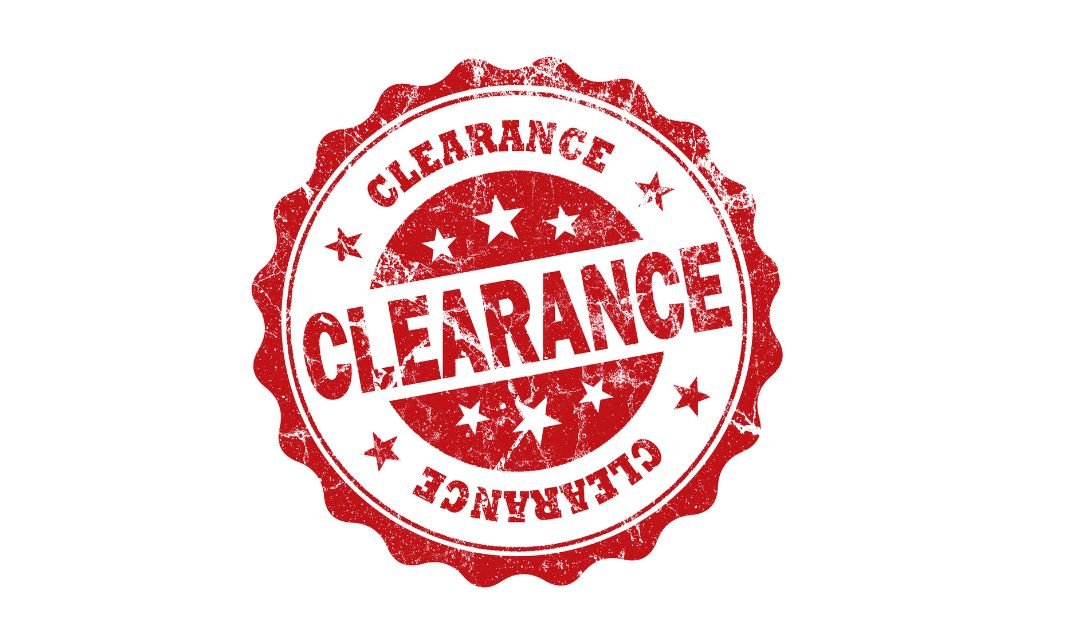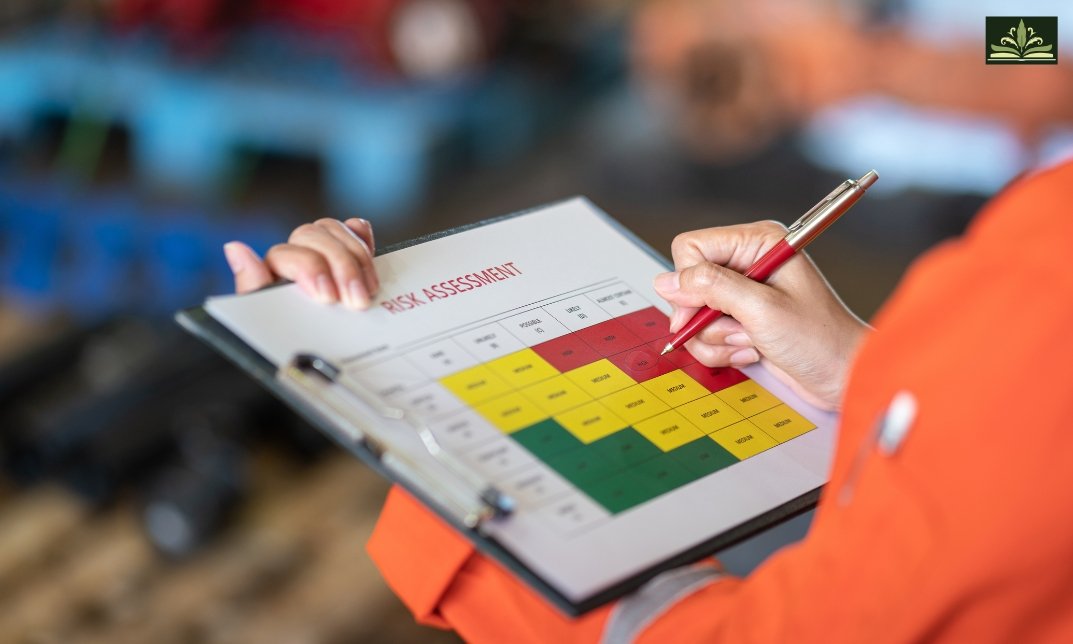No products in the cart.
Running a restaurant is both exciting and challenging. With so many aspects to oversee, effective management is necessary for success. Whether you’re a seasoned restaurateur or just starting, these seven proven strategies provided in this blog will help streamline your operations and grow your business.
What is Restaurant Management?
Restaurant management involves supervising the daily operations of a restaurant to ensure it runs smoothly and efficiently. This role includes a wide range of responsibilities, such as managing staff, ensuring food quality, maintaining customer service standards, handling finances, and implementing marketing strategies.

7 Proven Ways for Restaurant Management
Here’s a breakdown of the 7 proven ways you can follow:
1. Prioritise Customer Service
At the heart of every successful restaurant is excellent customer service. It’s not just about serving food; it’s about creating an experience. Staff should be trained to greet customers warmly, attend to their needs promptly, and resolve issues efficiently. Happy customers are more likely to return and recommend your restaurant to others.
Key Tips:
- Train staff in communication and conflict resolution.
- Regularly gather customer feedback.
- Reward loyal customers with discounts or special offers.
2. Simplify Your Menu
While it might be tempting to offer a wide variety of dishes, a streamlined menu can be more effective. It simplifies the kitchen’s operations, reduces waste, and makes it easier to maintain quality. Thus, focus on a few signature dishes that you do exceptionally well. This way, you can ensure consistency and speed up service times.
Key Tips:
- Regularly review and update your menu.
- Use seasonal and local ingredients to keep costs down.
- Highlight popular and profitable items.
3. Embrace Technology
Technology can be a game-changer for restaurant management. From online reservations to point-of-sale systems, the right tools can help you manage orders, track inventory, and analyse customer preferences. Moreover, an efficient system can improve the dining experience, reduce errors, and save time.
Key Tips:
- Implement an easy-to-use reservation system.
- Use a modern POS system to streamline billing and payments.
- Analyse data to understand customer behaviour and adjust offerings.
4. Focus on Staff Training and Development
Your staff are your greatest asset. Investing in their training and development can lead to better service, higher morale, and lower turnover rates. Furthermore, encourage continuous learning and provide opportunities for advancement within your restaurant.
Key Tips:
- Offer regular training sessions on food safety, customer service, and upselling techniques.
- Create a positive work environment to boost morale.
- Recognise and reward excellent performance.
5. Effective Inventory Management

Proper inventory management is necessary to reduce waste and manage costs. It’s essential to keep track of what comes in and what goes out to avoid overstocking or running out of key ingredients. Moreover, this can also help prevent theft and spoilage, saving you money in the long run.
Key Tips:
- Use software to monitor inventory levels in real time.
- Conduct regular audits to ensure accuracy.
- Establish relationships with reliable suppliers for consistent quality and pricing.
6. Marketing and Branding
In a competitive industry like hospitality, effective marketing and branding are important. Your brand is more than just your logo; it’s the experience and emotions associated with your restaurant. Therefore, consistent branding across all platforms helps build recognition and loyalty.
Key Tips:
- Develop a strong online presence with an engaging website and active social media profiles.
- Run promotions and events to attract new customers.
- Collect and showcase positive reviews and testimonials.
7. Financial Management
Sound financial management is the backbone of any business. Regularly reviewing your financial statements helps you understand your restaurant’s performance and make informed decisions. So, itt’s important to track expenses, manage cash flow, and plan for the future.
Key Tips:
- Set a budget and stick to it.
- Monitor key financial metrics, such as profit margins and labour costs.
- Seek professional advice for tax planning and financial forecasting.
How Much Do You Need to Spend to Develop a Restaurant Management System?
The cost of developing a restaurant management system can vary widely based on several factors:
- Features and Functionality: Basic systems with important features like order processing and inventory management are cheaper. More advanced systems with CRM, analytics, and online ordering will cost more.
- Customisation and Integration: Custom features and integration with existing systems increase costs, ensuring the system meets specific needs.
- Development Team and Location: Costs vary by location, with developers in regions like Western Europe or North America typically charging more than those in other areas.
- Technology Stack: The choice of technology affects costs, with specialised skills sometimes commanding higher fees.
- Design and User Experience: Investing in a user-friendly design can add to the cost but improve usability and efficiency.
- Maintenance and Support: Ongoing costs for maintenance, updates, and support should be considered.
Estimated Costs
- Basic Systems: £5,000 – £15,000
- Intermediate Systems: £15,000 – £50,000
- Advanced Systems: £50,000 and above
Conclusion of Restaurant Management
Managing a restaurant requires a blend of skills, from customer service to financial management. By implementing these seven proven strategies, you can streamline your operations, enhance the customer experience, and ensure long-term success. Remember, the key to effective restaurant management is continuous improvement and adaptation to changing trends and customer preferences. Keep learning, stay adaptable, and your restaurant will thrive.






